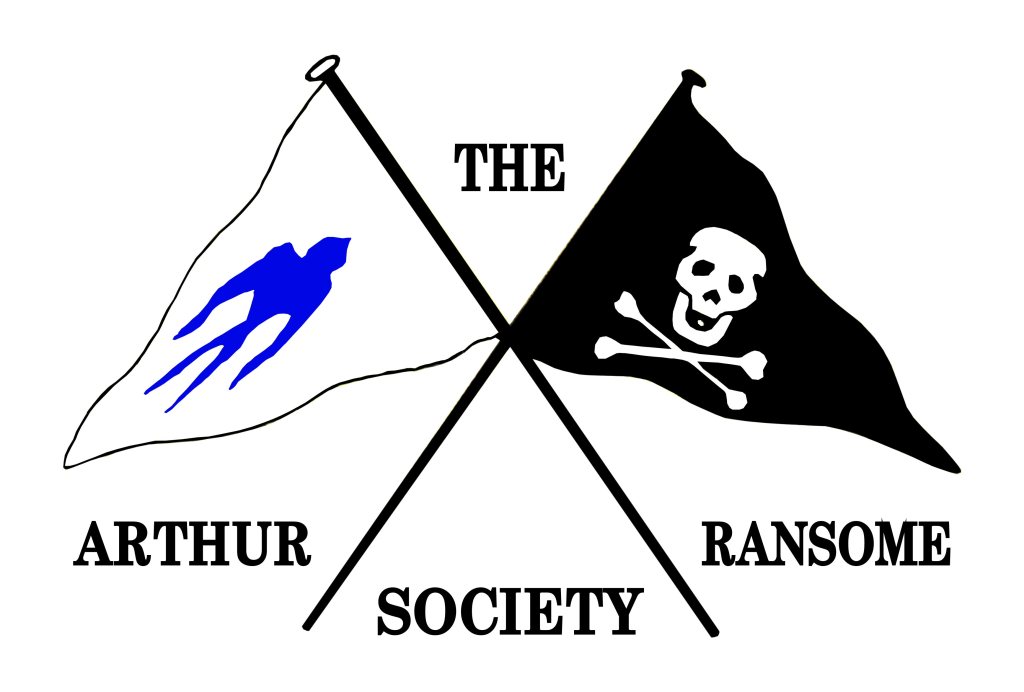Biography: Early Adulthood

On leaving Rugby, Arthur Ransome went on to study science at the Yorkshire College but by then his burning ambition was to be a writer and in 1902, after less than a year at the College, he managed to get a job with a London publisher and moved south. His career in publishing lasted only 18 months, after which he started to earn a living by writing articles for literary magazines. All this time he was reading as many books as he could find. In 1903 Ransome revisited Coniston, where he met the artist and writer W G Collingwood, whom Ransome remembered as author of Thorstein of the Mere, which he had read as a child.
Collingwood was to be a huge influence on Ransome, and the Collingwood family more or less adopted him. In 1904 Ransome published his first book, a collection of essays called The Souls of the Streets, followed in 1905 by another collection, The Stone Lady, neither of which was well received. Other books followed and were similarly unsuccessful, with the exception of Bohemia in London, published in 1907 and generally regarded as Ransome’s first ‘real book’.

Blue Plaque
Arthur Ransome
1 Gunter Grove, London

Blue Plaque
Arthur Ransome
1 Gunter Grove, London
It was not his first London address, but was the first to be mentioned by name in his autobiography. It was also where his first book of essays, The Souls of the Streets, was delivered to him on publication. Edward Thomas took another room in the house for a few weeks, and some of the Collingwoods, including Dora and Barbara, stayed in a flat he found for them nearby in Edith Grove.
In 1908 Ransome met Ivy Constance Walker and immediately fell in love with her. They married in March 1909, but the union was never to be a happy one. The couple set up home in Hampshire, near Petersfield, where Ransome completed his new book History of Story-Telling, which was better received. In May 1910 Ivy gave birth to a daughter, Tabitha. More books followed, including commissioned studies of Edgar Allan Poe (1910) and Oscar Wilde (1912). The book on Wilde instigated an unsuccessful action for libel by Lord Alfred Douglas against Arthur Ransome and his publishers, the case being heard in the High Court in April 1913.
